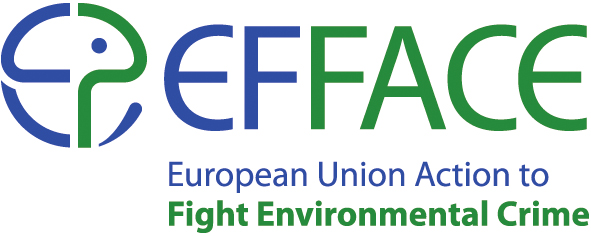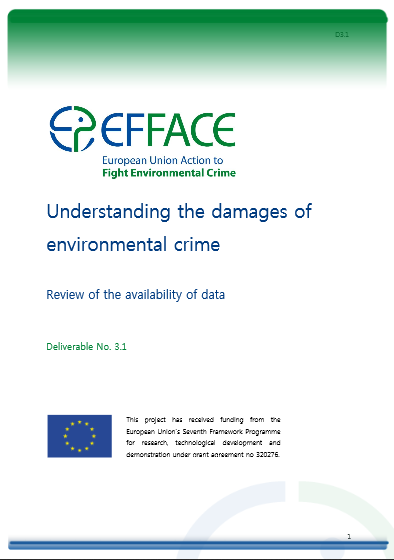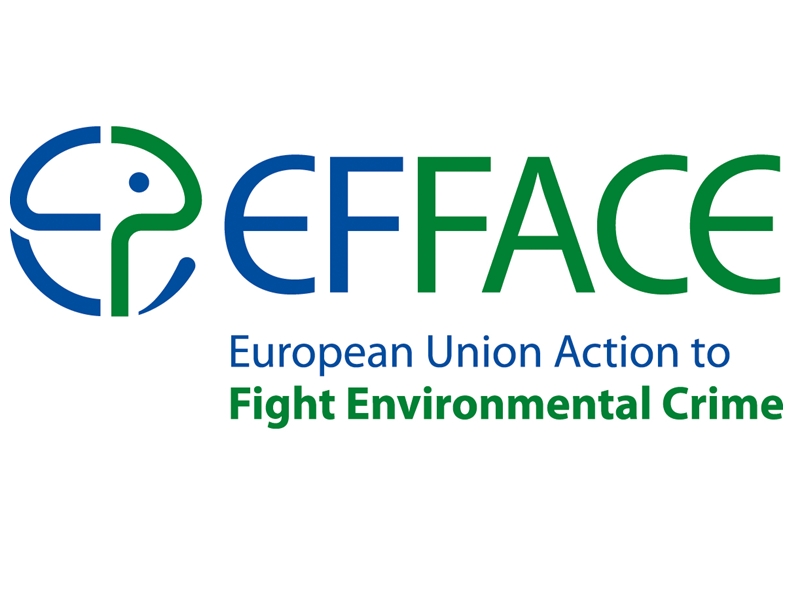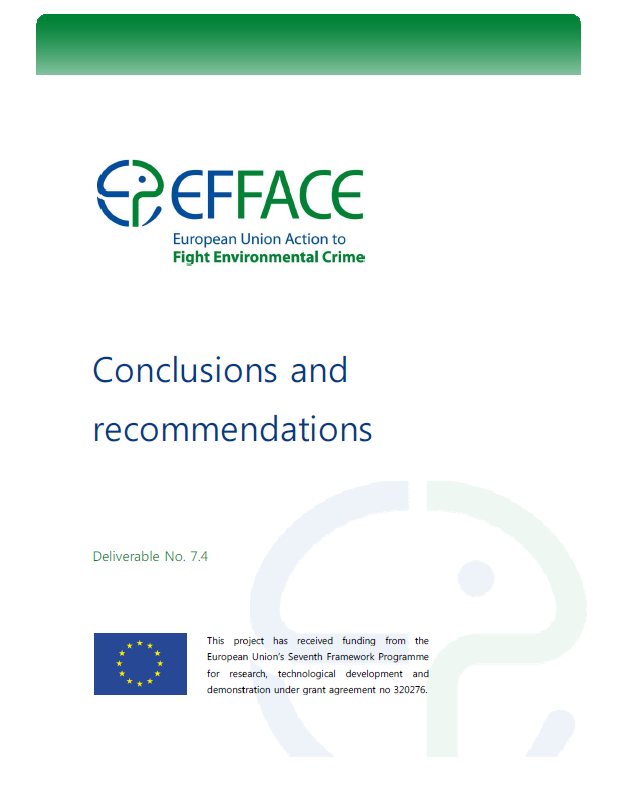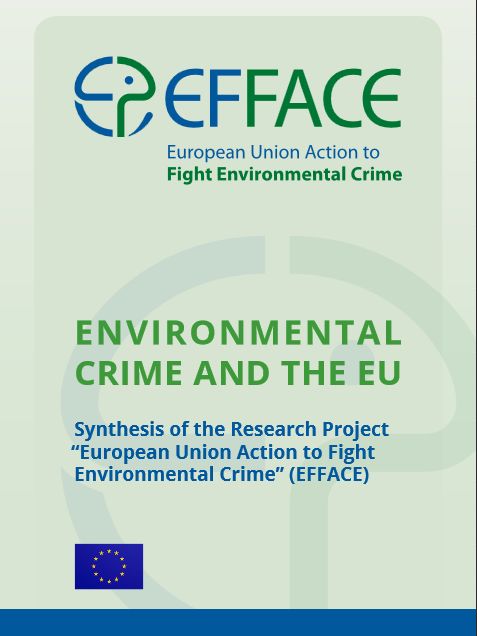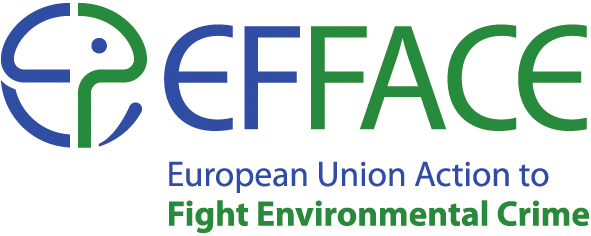Evaluation of the Strengths, Weaknesses, Threats and Opportunities Associated with EU Efforts to Combat Environmental Crime
Evaluation of the role of the EU and SWOT analysis
- Publication
- Citation
Farmer, A. (Ed.) (2015). Evaluation of the strengths, weaknesses, threats and opportunities (SWOT) associated with EU efforts to combat environmental crime. Study in the framework of the EFFACE research project.
One of the main outcomes of the EU-funded FP7 project "European Union Action to Fight Environmental Crime" (EFFACE) is the report 'Evaluation of the strengths, weaknesses, threats and opportunities (SWOT) associated with EU efforts to combat environmental crime'. This SWOT analysis brings together insights gained during the previous EFFACE research and evaluates the current approaches of the EU and its Member States in combating environmental crime. The analysis is available for download.
The report 'Evaluation of the strengths, weaknesses, threats and opportunities (SWOT) associated with EU efforts to combat environmental crime' forms the basis for the forthcoming policy recommendations. The project identified nine relevant dimensions, which have been studied in detail by the EFFACE partners.
The nine dimensions discussed are:
- Data and information management
- Further harmonisation of substantive environmental criminal law at EU level (excluding sanctions)
- System of sanctions (administrative vs. criminal vs. civil proceedings
- Functioning of enforcement institutions and cooperation between them
- Trust-based and cooperation-based approaches: environmental crime victims and civil society
- External dimension of environmental crime – what can EU do
- Use of environmental liability
- Organised environmental crime
- Corporate responsibility and liability in relation to environmental crime
Each theme is evaluated in a consistent way; the governance levels analysed include that of the Member States, the EU and the international level. In addition, the aspects above interact with each other; therefore the authors stress the importance of moving forward with policy recommendations that consider these different aspects as a whole and not in isolation.
Reseachers from the Ecologic Institute co-authored the studies on the functioning of enforcement institutions, environmental crime victims and civil society as well as corporate responsibility and liabiltiy in relation to environmental crime.
